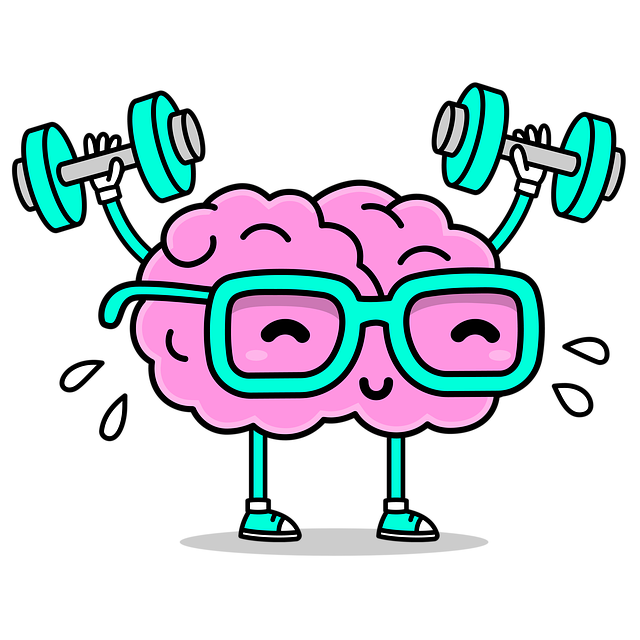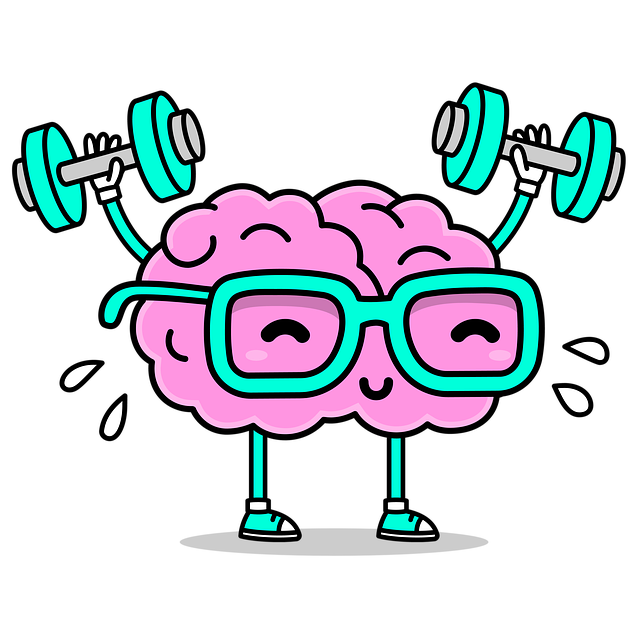Most people want to change at least one thing in their life.
But it can be challenging to find the motivation just to make a start.
It helps if you understand what motivation means to you so you can find your own ways to get motivated.
Motivation is the drive to achieve your goals or needs. It is influenced by how much you want the goal, what you will gain, what you will lose from not achieving your goal and your personal expectations.
Motivation is important because it provides you with goals to work towards, helps you solve problems, helps you change old habits, and helps you cope with challenges and opportunities.
Most people struggle with motivation, but it is even more challenging if you have mental health issues such as depression or anxiety So set yourself one specific, achievable goal.
Think about how to include that goal in your life, what you need to do to make it happen.
Then put a timeframe on it (such as one week or one month).
Break your goal into small, easy tasks and set regular reminders to complete each step.
Use your family and friends as support – tell them about your goals and encourage them to help keep you motivated.
Regularly review your goals and progress. Seeing progress is a great motivator in itself, and also improves your self-esteem
Continue to set new goals.
Think about what you want to achieve next week, next month and next year.
Tackle one goal at a time so you don’t feel overwhelmed.
Keep the momentum up.
It takes most people about 2 months to develop a new habit, but for some people, it can take much longer.
Keeping the momentum and routine helps it feel more automatic over time.
Find mentors, for example, someone you look up to who is experienced in the habit you want to change! Finding social or support groups with the same interest can help you find a mentor.
Surround yourself with positive people. Positive friends and family enhance your positive self-talk.
This also helps to manage the symptoms of depression and anxiety. Use exercise as one of your daily goals to improve your mental health.
Setbacks are normal, but developing resilience can help you carry on and continue from where you left off.
Review your goals and see if they are realistic in the time frame you have and You may need to break your goal down further into smaller and more achievable goals.
Take motivation from others and feel inspired by reading a book.
Talk to your mentor, or friends or family who have reached similar goals to the ones you have set.
Sometimes you just need to take a break and start over with something new.


